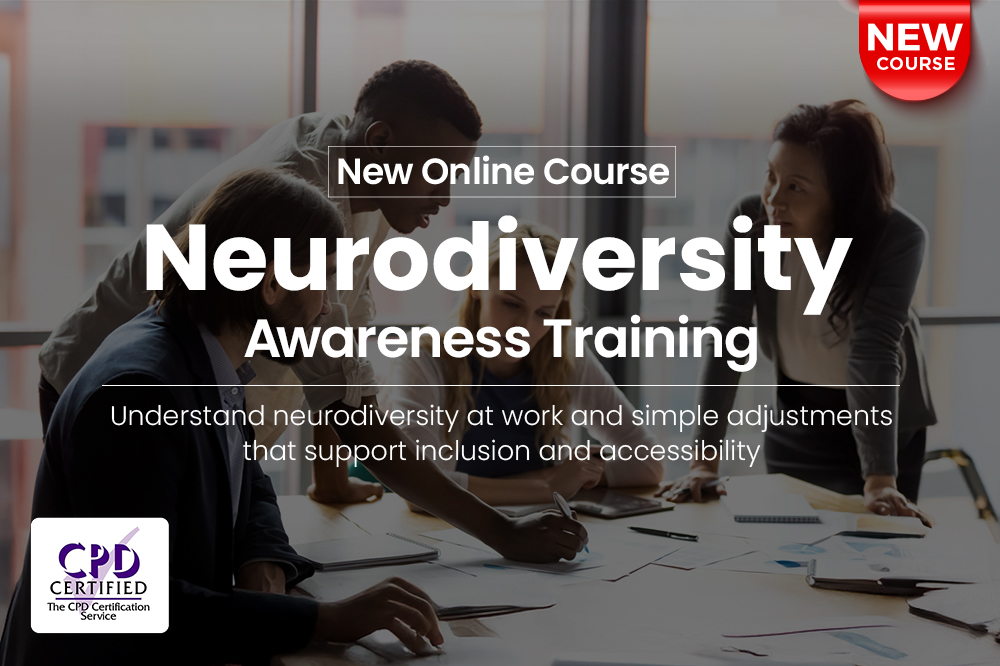
Mental health is personal, complex, and influenced by countless factors. But no matter who you are or what challenges you face, one thing remains true: you shouldn’t go it alone.
Your community plays a vital role in your overall well-being, and this Mental Health Awareness Week 2025 is celebrating the power and importance of community in maintaining mental health.
We’re proud to support the event and offer our own tips on improving mental health at work.
Key Takeaways
- A strong, positive sense of community is vital to good mental health and overall well-being.
- Being part of a community can create a sense of belonging, safety, and shared purpose, all of which support mental health.
- The workplace is an important community for many people, and positive connections at work can improve mental health and job satisfaction.
- Creating genuine connections, supporting inclusivity, and encouraging open conversations at work helps build a stronger, more supportive community that benefits everyone’s mental health.
Mental Health Awareness Week 2025 – Get Involved in Your Community
Mental Health Awareness Week (MHAW) is an annual event organised by the Mental Health Foundation – a non-profit organisation that has been supporting the UK’s mental health since 1949.
The theme of this year’s event is “Community.”
Being part of a supportive community is vital for our mental health and well-being. However, social disconnection has become a prevalent trend around the world. Government research has shown that 2023/24 was the loneliest year in a decade, with approximately 3.1 million people in England experiencing loneliness often or always.
How Community is Vital for Mental Health
Humans are social animals. Our happiness partly depends on cooperation and connection with others. We tend to feel unsafe, unmotivated, and generally unhappy without a sense of community.
Whereas being involved in a community can:
- Create a sense of belonging, safety, and shared purpose
- Reduce feelings of isolation and loneliness, which are known risk factors for anxiety and depression
- Build resilience to help us cope better with stress
- Protect against and reduce symptoms of mental health issues
- Provide emotional support during difficult times, such as loss or illness
- Improve our sense of life satisfaction
Research has even proven that people who are more socially connected to their family, friends, and community often live happier, healthier, and longer lives.
What is a Community?
A community can be any distinct group of people you interact with on a regular basis, brought together by something they have in common, whether a place, interests, values, or goals.
The workplace is quietly one of the most significant communities many of us belong to. We spend a large part of our lives with colleagues, working towards shared objectives.
A strong sense of community at work can enhance job fulfilment, support mental well-being, and improve overall life satisfaction.

Why Community is More Vital Than Ever
Mental health stigma is increasing in the UK for the first time in ten years, according to recent research from the mental health charity Mind.
This troubling trend has a direct impact on workplaces. When stigma rises, employees who are struggling with their mental health are less likely to reach out for support. Isolation can worsen problems over time and cut off access to the help that could make a difference.
Building a strong workplace community is one way to counter this. When employees feel safe, valued, and supported, they’re more likely to speak openly about mental health concerns. This helps normalise conversations and creates a more compassionate environment where people are more likely to access help before problems escalate.
Finding appropriate ways to support colleagues and promoting open dialogue can make a critical difference for both individuals and the health and resilience of the wider team.

How to Get Involved in Your Community at Work
Most workplaces encourage collaboration, which provides the solid foundation needed for community building. However, creating a true sense of belonging and support takes conscious effort.
Here are some practical tips to help strengthen your sense of community at work, for yourself and your colleagues.
Start Conversations
A simple “How are you today?” can go a long way. Genuine check-ins help build trust and show that you care.
Try to create space every day for informal chats, such as when you’re grabbing a cup of tea or at the start of a meeting. These small moments of connection help develop relationships and can add up to a stronger, more supportive environment for you and your colleagues.
Create Social Opportunities
Casual get-togethers like team lunches and coffee breaks are a chance to connect with your colleagues outside of your job roles. Celebrating birthdays and participating in recreational activities with colleagues can also boost community spirit and make employees feel valued.
Celebrate Contributions
Recognition is powerful. Whether it’s a quiet thank you or a team-wide shout-out, acknowledging someone’s efforts and achievements makes people feel seen and appreciated. Make it a habit to compliment others, and they’ll feel encouraged to do the same.
Be Inclusive
A feeling of belonging in communities is particularly valued for individuals at a higher risk of discrimination. Look out for colleagues who may feel isolated or left out, and make an effort to include them in conversations, events, and decisions.
Encourage Peer Support
Peer support can be one of the most meaningful parts of a healthy workplace. Setting up mentoring systems and encouraging team members to look out for one another can foster deeper relationships. When people share their professional experience, real connections often follow.
Raising Mental Health Awareness
This year’s Mental Health Awareness Week theme comes at a critical time. Community bonds are steadily eroding, adding to an already growing mental health crisis across the UK. Strengthening connections between people has never been more important.
But any positive changes inspired by MHAW have to last beyond the event itself. You can support lasting improvements in your workplace with training.
Our Mental Health Awareness Training course will help develop a shared understanding of mental health in your workplace. It explores common mental health challenges – including stress, anxiety and depression – and explains how these issues affect everyone at times. Learners gain awareness of key risk factors and practical strategies to support both their own and others’ mental health.
By improving knowledge and confidence about mental health, the course helps create a more compassionate and connected workplace community. Employees will be better able to recognise when someone is struggling and offer appropriate support.



























































































































































































































































































































































































































































































































































































































































































































































